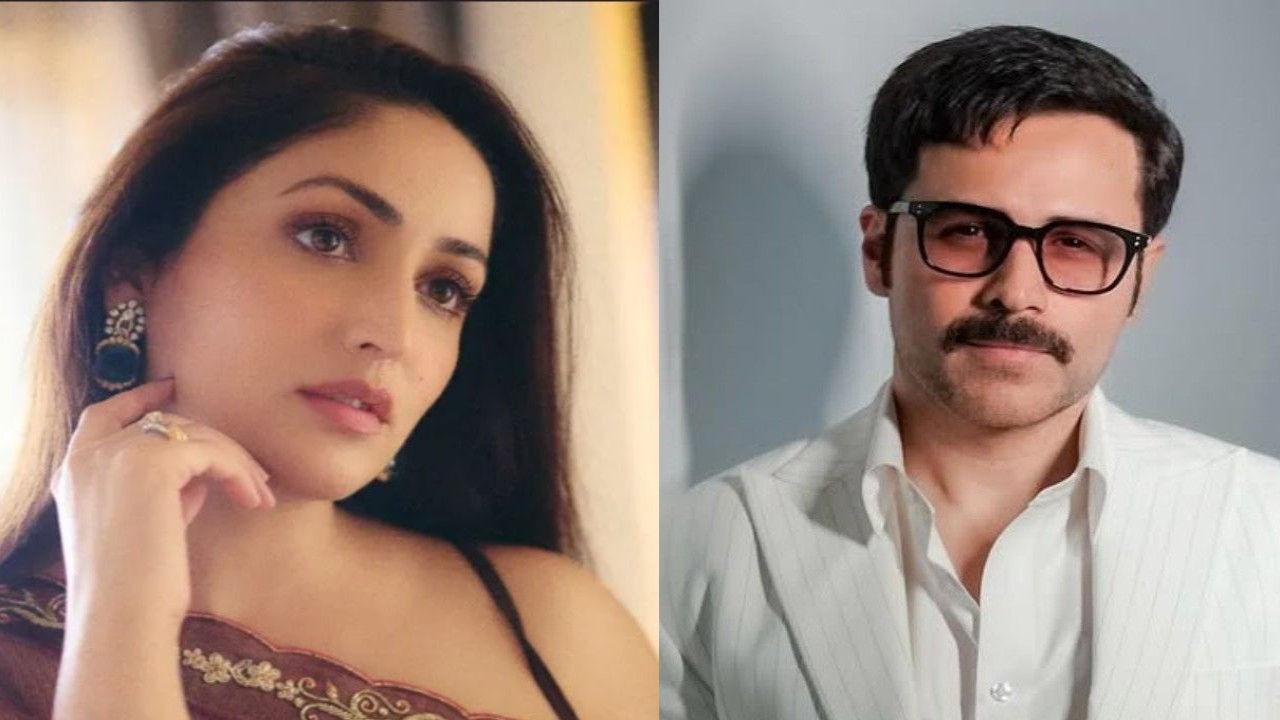Mumbai, April 23, 2025 — Bollywood actors Yami Gautam and Emraan Hashmi are set to headline a powerful courtroom drama inspired by the 1985 Shah Bano case, one of the most significant legal battles in India’s history. The film, which has reportedly completed production, delves deep into the controversial case that sparked nationwide debates on gender rights, religious personal laws, and the need for a Uniform Civil Code in India.
Yami Gautam takes on the role of Shah Bano, a 62-year-old Muslim woman from Indore who, in 1978, filed a petition for maintenance under Section 125 of the Criminal Procedure Code (CrPC) after being divorced by her husband. The character played by Emraan Hashmi is based on Mohammed Ahmed Khan, Shah Bano’s former husband and a well-known lawyer, who challenged her claim by citing Muslim Personal Law, arguing that his responsibility to support her ended after the iddat period—a post-divorce waiting period of around three months.
The case ignited fierce national debate when it reached the Supreme Court, which in 1985 ruled in Shah Bano’s favor. Chief Justice Y.V. Chandrachud upheld that the CrPC applied to all Indian citizens regardless of religion, thereby granting maintenance to Shah Bano. The verdict not only upheld the secular principles of the Indian Constitution but also pushed for greater discussions around women’s rights, religious reform, and equality under law. However, it also faced massive backlash from conservative religious groups, leading to political tensions and, eventually, the enactment of the Muslim Women (Protection of Rights on Divorce) Act, 1986, which diluted the Supreme Court’s judgment.
The upcoming film aims to highlight these legal and emotional complexities, portraying the personal struggle of a woman fighting for justice in a patriarchal society and a legal system deeply entwined with religious customs. The makers of the film have reportedly approached the subject with nuance, staying true to historical events while dramatizing the courtroom tension that captured the nation’s attention four decades ago.
With a strong cast and socially charged subject matter, the film is expected to reignite conversations around gender equality, religious reform, and the importance of a Uniform Civil Code—topics that remain relevant even today. It promises to be more than just a courtroom drama; it’s a cinematic reflection of a pivotal moment in India’s legal and social evolution.
